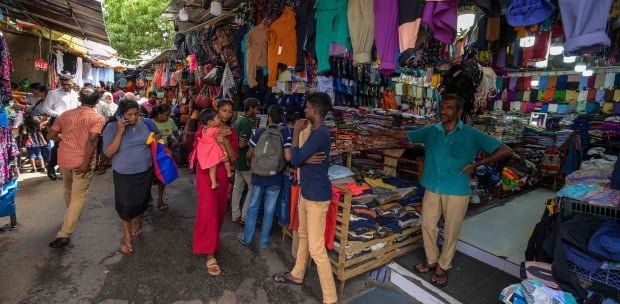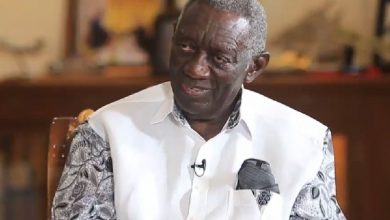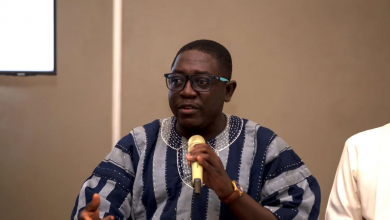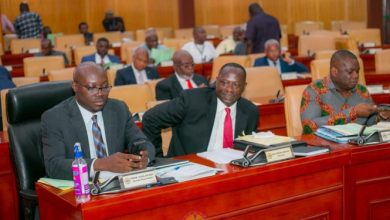
In order to restructure $42 billion (£33 point 2 billion) in domestic debt, Sri Lanka has begun a five-day bank holiday starting Thursday.
Since gaining independence from the British in 1948, the nation has been experiencing its worst economic crisis.
The government’s restructuring plan has raised concerns that it might cause financial markets to become unstable.
The lengthening of the repayment period for a loan is one aspect of debt restructuring.
According to Alex Holmes, a senior economist at Oxford Economics, “the government’s action to call an extended public holiday means it obviously saw the risk of bank runs”.
The holiday was announced to serve as a suitable buffer for any potential market reactions to big financial announcements, according to analysts.
Ranil Wickremesinghe, the president of Sri Lanka, assured the public earlier this week that the restructuring “would not result in the collapse of the banking system”.
On Wednesday, Mr. Wickremesinghe’s office announced that his cabinet had approved a restructuring proposal made by the nation’s central bank. Over the weekend, the proposal will be presented to parliament for approval.
The head of Sri Lanka’s central bank, Nandalal Weerasinghe, stated that “(the) government expects the entire process to conclude while the markets are closed during these five days”.
“Local depositors are assured of the safety of their deposits and interests will not be affected” Mr. Weerasinghe added.

The move to restructure domestic debt comes as the country is struggling to come out of its worst economic crisis.
Sri Lanka made its first post-independence default on a loan to an international lender last year.
But in recent months, the nation has received a number of significant lifelines.
Following a $3 billion bailout package from the International Monetary Fund (IMF), the World Bank has just given it $700 million.
On Thursday, the World Bank announced that it would offer assistance in a “phased approach”.
The organization added that it had set aside $500 million for budgetary assistance and that the remaining $200 million would be used to “provide better-targeted income and livelihood opportunities to the poor and vulnerable”.
Source-BBC




